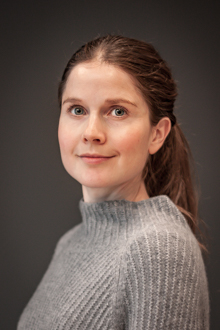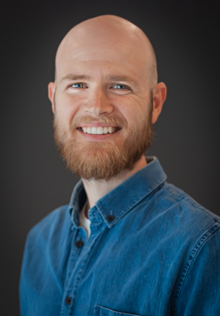Background
The project is anchored in "Room for Participation" - the government's cultural volunteer strategy (2023-2025), which sets the goal that more children and young people should experience and participate in culture regardless of who they are, where they live, and their social and economic status. However, there is a lack of knowledge about the extent to which finances are a barrier for children and young people's participation in cultural volunteering and how voluntary organizations in this area utilize local and national schemes to reduce economic barriers. This makes it challenging to identify specific measures to lower economic thresholds for participation. Therefore, the project will provide new knowledge about costs, parental payments, and cost drivers in cultural activities and possible measures to reduce economic barriers in cultural volunteering.
Research Questions
The following research questions are investigated in the project:
- What is the cost of participating in organized cultural volunteering for primary school-aged children and for adolescents?
- What are the cost drivers?
- How do costs affect participation in cultural volunteering among children and adolescents?
- Are economics costs a particular barrier for participation and which costs are particularly challenging?
- Do voluntary organizations in the culture field make use of established grant schemes to lower the cost level for the activity?
- What measures can contribute to lowering economic barriers for participation in cultural volunteering?
- How do costs, economic barriers, and measures vary according to factors at the municipal level?
The survey highlights the cost picture in the lowest age segment when children are recruited into cultural activities, how it changes during adolescence, and is limited to the age group 5-19 years.
Work Packages
1. Costs, drivers, and effects on participation in organized cultural activities. This work package maps costs, cost drivers, and effects. An online survey is conducted among parents about their children's participation in organized cultural activities and other leisure activities. The parents will be asked about what they pay in membership fees, charges, and equipment, whether they have performed various efforts such as volunteering, transport, and similar in connection with the activity, as well as assessments around costs, economy, and other aspects of the activity.
2. Economy as a barrier to participation in organized cultural activities. This work package delves deeper into the importance of costs and finance in participation and as a cause of non-participation. Interviews will be conducted with parents who have children participating in cultural activities and those who do not, about their assessments of the role economy plays for participation. The interviews are supplemented by an analysis of open responses from the Youth in Oslo survey about the reasons why young people quit organized cultural activities.
3. Grants and measures to reduce costs in organized cultural volunteering. This work package investigates whether established grant schemes are used to lower the cost level in cultural volunteering and other measures to reduce economic barriers in participation. For this purpose, a survey is conducted among associations offering activities in music, performing arts, visual arts, literature, video games, film, and cultural heritage. This is complemented by interviews with officials in associations about their assessment of the role economy plays in the activities and the use of support schemes to reduce costs.
4. Costs, barriers, and measures in context. This work package investigates how costs, economic barriers, and measures and the relationship between costs and participation vary along different contextual dimensions. Data from the surveys among parents and associations are combined, in addition to using contextual data at the municipal level to examine variations according to geography and socio-demographic factors.
Ethics and Privacy
The Institute for Social Research (ISF) follows the "Research Ethical Guidelines for Social Science, Humanities, Law, and Theology" given by The National Committee for Research Ethics in the Social Sciences and the Humanities (NESH), and the project is carried out in accordance with these. In recent decades, children and young people have increasingly been recognized as competent, social actors, and the importance of listening to children's viewpoints has been more emphasized (cf. UN Convention on the Rights of the Child, Article 12). At the same time, research on children raises specific ethical issues and the group has a particular claim to protection in line with age and needs. In data collection, we do not only ask children and young people directly, but they are referred to as a third party. The project takes special ethical considerations concerning safeguarding the children's anonymity and confidentiality.





